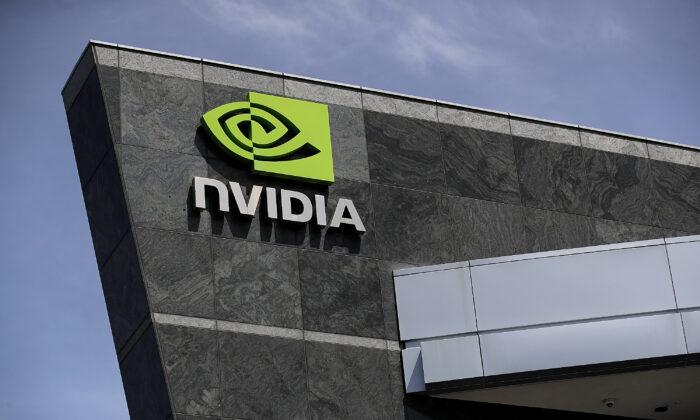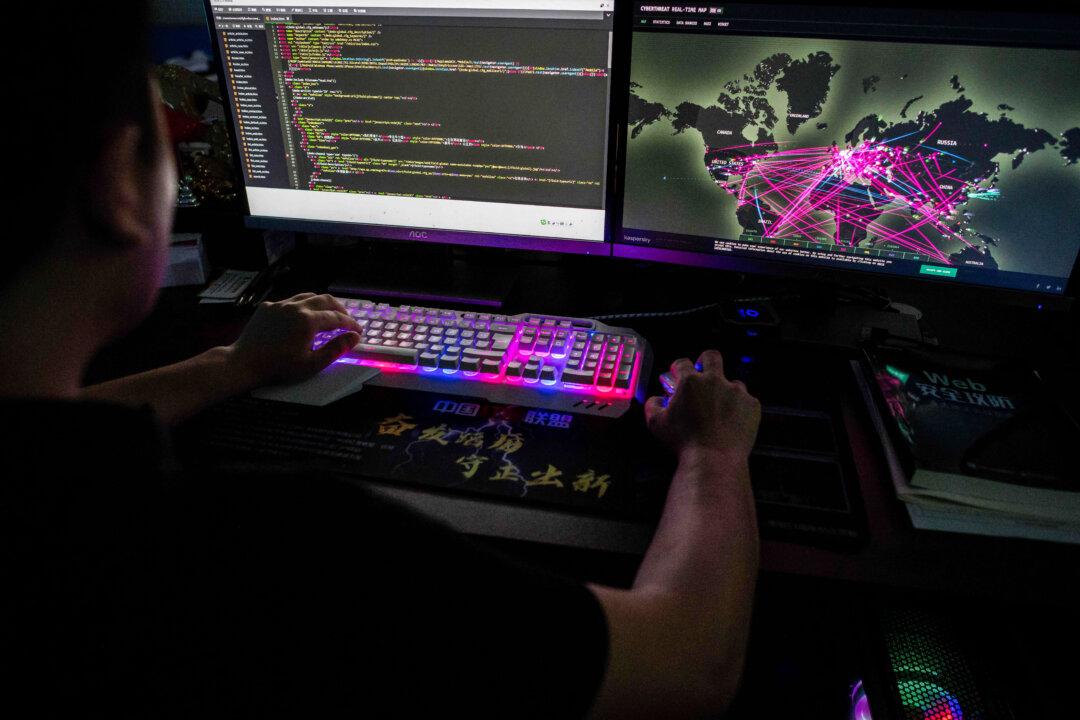Tech firm Nvidia Corp. has been told by Washington not to sell two of its artificial intelligence (AI) acceleration chips to Beijing and Moscow, potentially affecting millions of dollars’ worth of revenues.
“DGX or any other systems which incorporate A100 or H100 integrated circuits and the A100X are also covered by the new license requirement.”
Nvidia’s A100 and H100 processors enable AI developers to speed up research while being able to develop more advanced AI models. H100, expected to be launched this year, is six times faster than the A100 processor. DGX is a line of Nvidia servers and workstations used to accelerate deep learning applications.
Washington informed the company that the new licensing requirement will address the risk of these two chips being used for military purposes in Russia and China.
In its filing, Nvidia made it clear that it does not sell products in Russia. However, China is a big market for the company. The firm admitted that around $400 million in potential sales to China in the third fiscal quarter could be subject to the new license requirements.
Chip Sales to China
The order comes amid reports that China has been purchasing U.S.-designed semiconductors to boost its AI advancements.“Of the 97 individual AI chips we could identify in public PLA purchase records, nearly all of them were designed by Nvidia, Xilinx (now AMD), Intel, or Microsemi,” the report said. Only one originated from China, coming from Fudan Electronics. However, this was a clone of an American design.
The report goes on to mention that it could not find “any records” of state-owned defense firms or PLA units awarding contracts to Chinese-designed AI chips. The analysis highlights the significance of the Chinese military’s dependence on American products to advance its interests.





